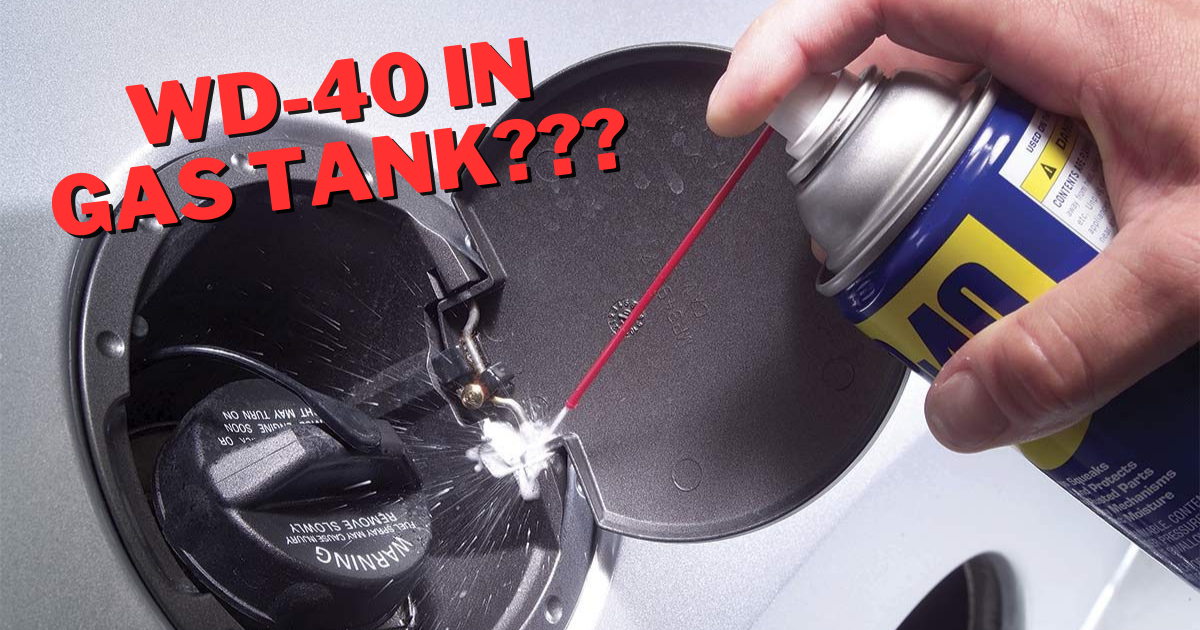If you’ve noticed that your car’s gas mileage is not what it used to be, there are several factors you can check and improve upon to get better fuel efficiency. Here are some key tips to help you improve your car’s gas mileage:
1. Regularly Check and Replace Air Filters
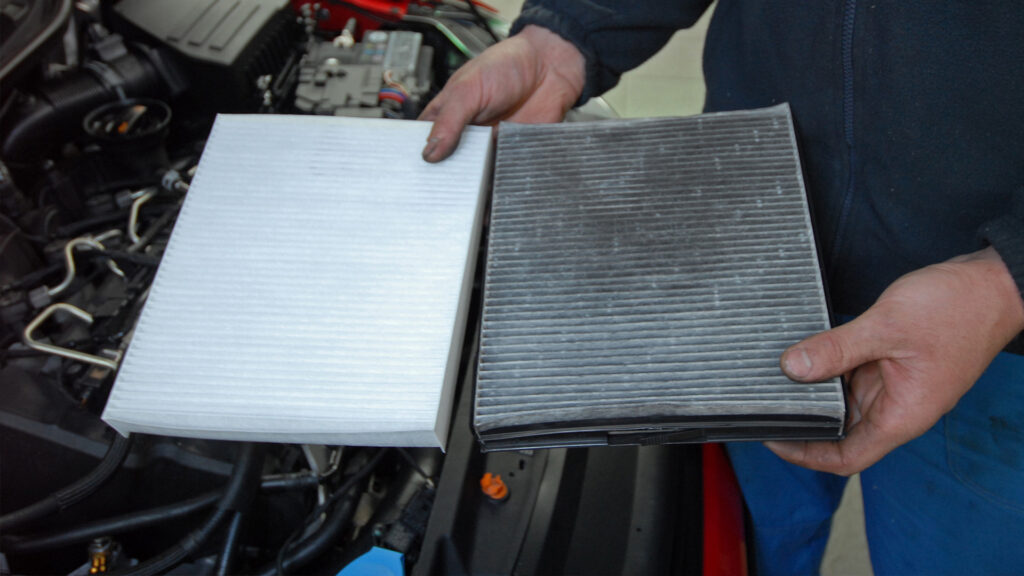
One of the most common reasons for poor gas mileage is a clogged air filter. Check your air filter regularly and replace it if it’s dirty or clogged. A clean air filter ensures that your engine gets enough air, improving fuel efficiency.
2. Incorrect Oil Weight and Cleanliness
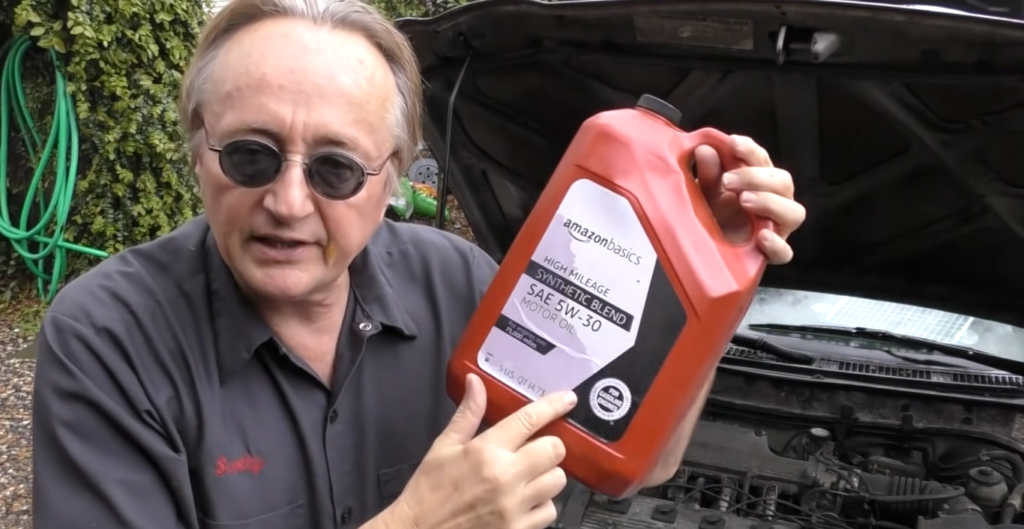
Using the correct weight and clean oil is important for good gas mileage. If your oil is too thin or too thick, it can cause engine wear and tear, leading to worse gas mileage. The right oil viscosity reduces friction, leading to better fuel efficiency. Using the wrong oil can decrease gas mileage by 8-10%.
To ensure your oil is the correct weight and clean, always follow your car’s manufacturer’s recommended oil change schedule and use the correct oil weight and type.
3. Bad Mass Airflow Sensor
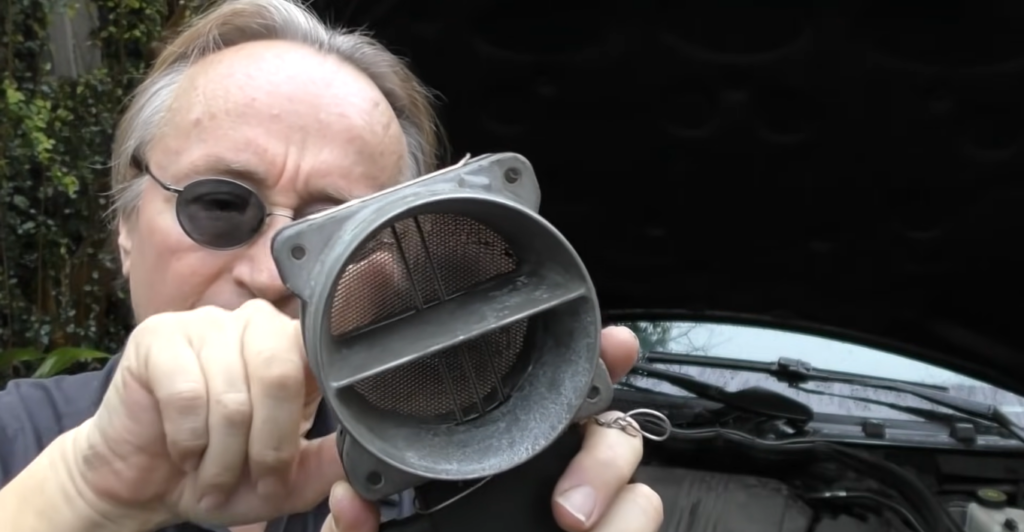
A dirty or bad mass airflow sensor can give false readings and result in bad gas mileage. This sensor is responsible for measuring the amount of air entering your car’s engine. If the sensor is dirty or bad, it can cause your car’s engine to run rich or lean, leading to worse gas mileage.
To check if your mass airflow sensor is dirty or bad, you can usually find an indicator light on your car’s dashboard. If the light is on, it means your mass airflow sensor needs to be replaced.
4. Check Your Car’s Battery
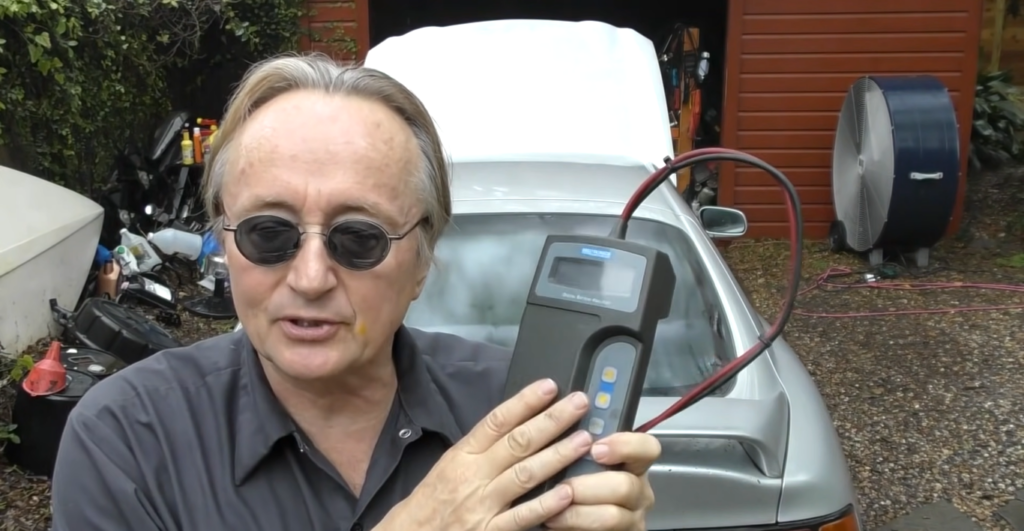
A weak battery can cause your car’s systems to go haywire, affecting gas mileage. Ensure your battery has enough voltage and replace it if necessary. A healthy battery ensures the proper functioning of the fuel injection system and electronic ignition system.
5. Maintain Your Transmission
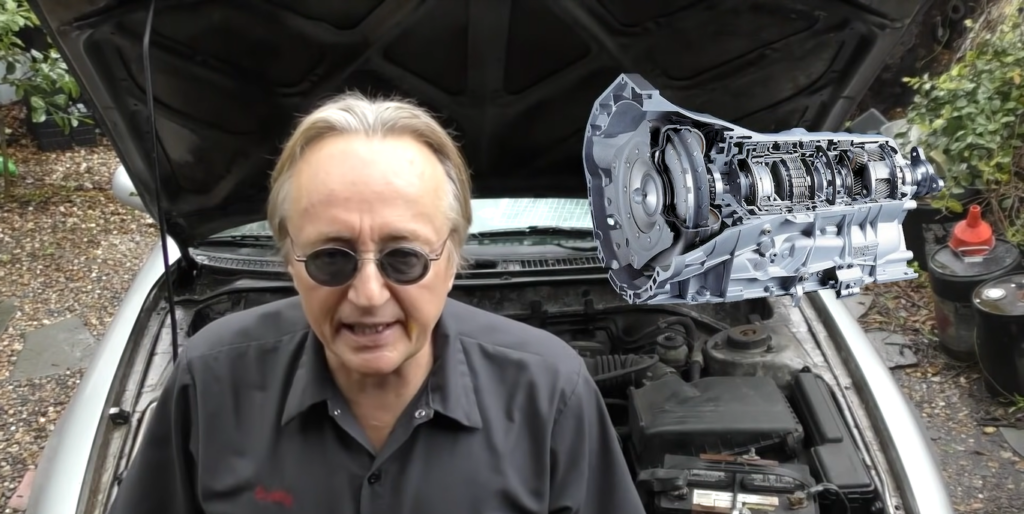
A smooth-shifting transmission is crucial for good gas mileage. Have a mechanic run a transmission scan with a scan tool to check for any issues. A faulty transmission can significantly reduce fuel efficiency.
6. Check Your Braking System
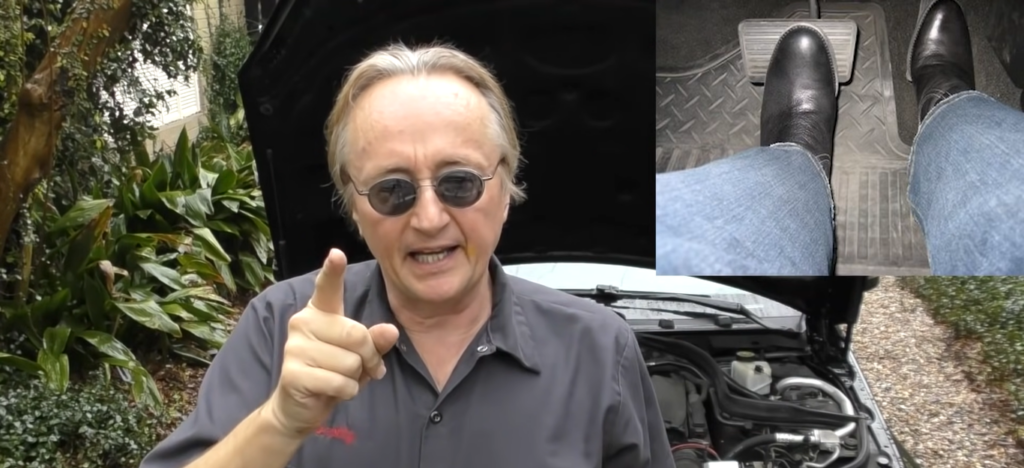
Sticking brakes can cause drag, leading to poor gas mileage. Jack up your car and spin each wheel to check for dragging brakes. Sticking brakes can be like driving with one foot on the brake and one on the gas, wasting fuel.
7. Use the Correct Fuel Octane
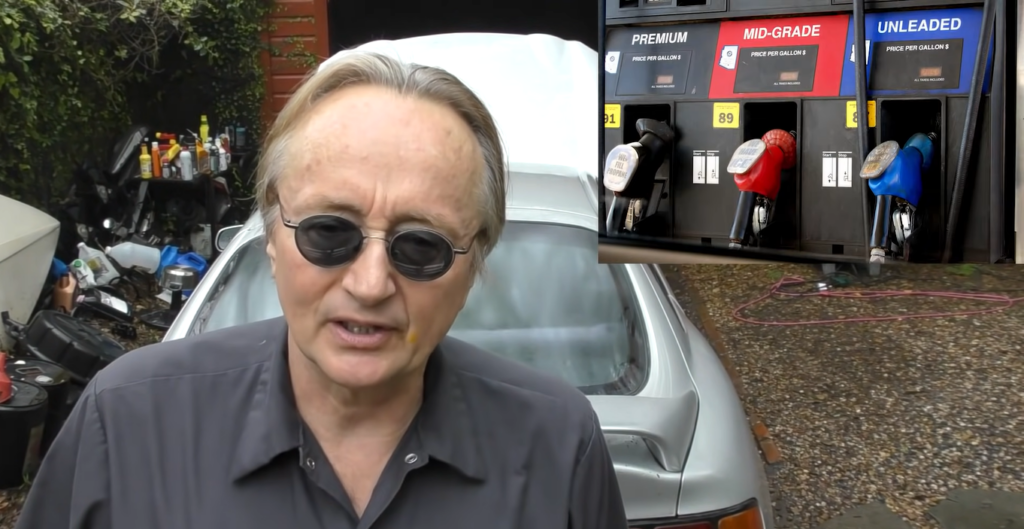
Using the right fuel octane for your car is essential. Using a lower or higher octane than recommended can decrease fuel efficiency. Follow your car manufacturer’s recommendations for the best gas mileage.
Wrap Up
Regular maintenance and using the correct parts and fuel for a car can help maintain good gas mileage. This includes tasks such as changing your oil and filters regularly, checking your tires for proper inflation, and ensuring your brakes are in good working condition. By addressing these common causes of worse gas mileage and maintaining regular maintenance, you can help improve your car’s gas mileage and overall performance.




